Given below are diagrams showing the different stages in the process of fertilisation of an egg in the human female reproductive tract.
Study the diagrams and answer the questions
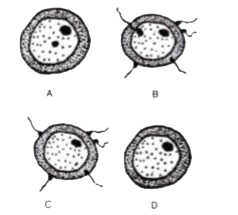
(i) Arrange the letters given below each diagram in a logical sequence to show the correct order in the process of fertilisation.
(ii) Where does fertilisation normally take place? What is 'Implantation' that follows fertilisation ?
(iii) Mention the chromosome number of the egg and zygote in humans.
(iv) Explain the term 'Gestation'. How long does Gestation last in humans ?
(v) Draw a neat, labelled diagram of a mature human sperm.
The full term of development of an embryo in the uterus is called gestation. It is about 280 days in the humans
Topper's Solved these Questions
Similar Questions
Where does fertilisation normally take place in a human female?
View SolutionStudy the diagram below and answer the questions that follows :
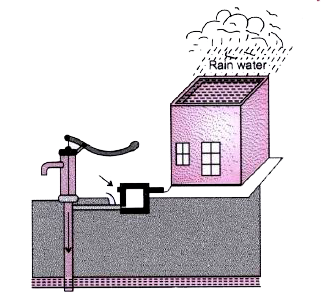
Name the activity shown in the diagram.
View SolutionStudy the diagram below and answer the questions that follows :
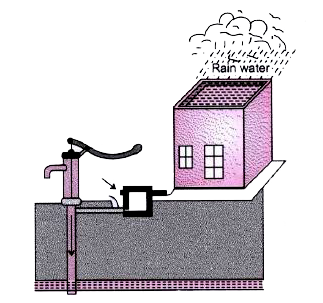
Name the activity shown in the diagram.
View SolutionStudy the diagrams given below and answer the questions that follow:
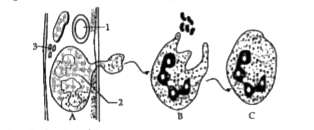
Name the process occurring in B and C.
View SolutionStudy the diagram given below and answer the questions that follow:
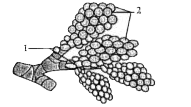
Draw a neat, labelled diagram of the human lungs.
View SolutionStudy the diagram given below and answer the questions that follow :
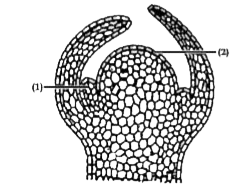
Draw a neat, labelled diagram of a meristematic cell.
View SolutionGiven below is the diagram of the male reproductive system and its associated parts in the human body. Study the diagram and answer the questions that follow:
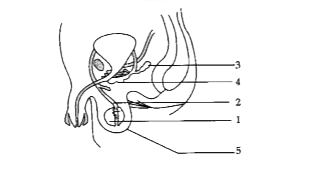
Draw a neat labelled diagram of a human sperm.
View SolutionStudy the diagram given below and answer the questions that follow :
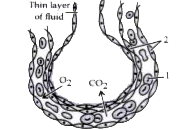
Name the structure given in the diagram. State in which part of the body it is present.
View SolutionStudy the diagram given below and answer the questions that follow :
What is emulsification?
View SolutionStudy the diagram given below and then answer the questions that follow :
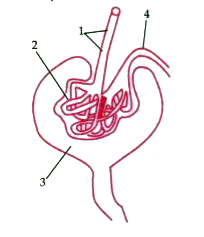
Name the stages involved in the formation of urine.
View Solution
